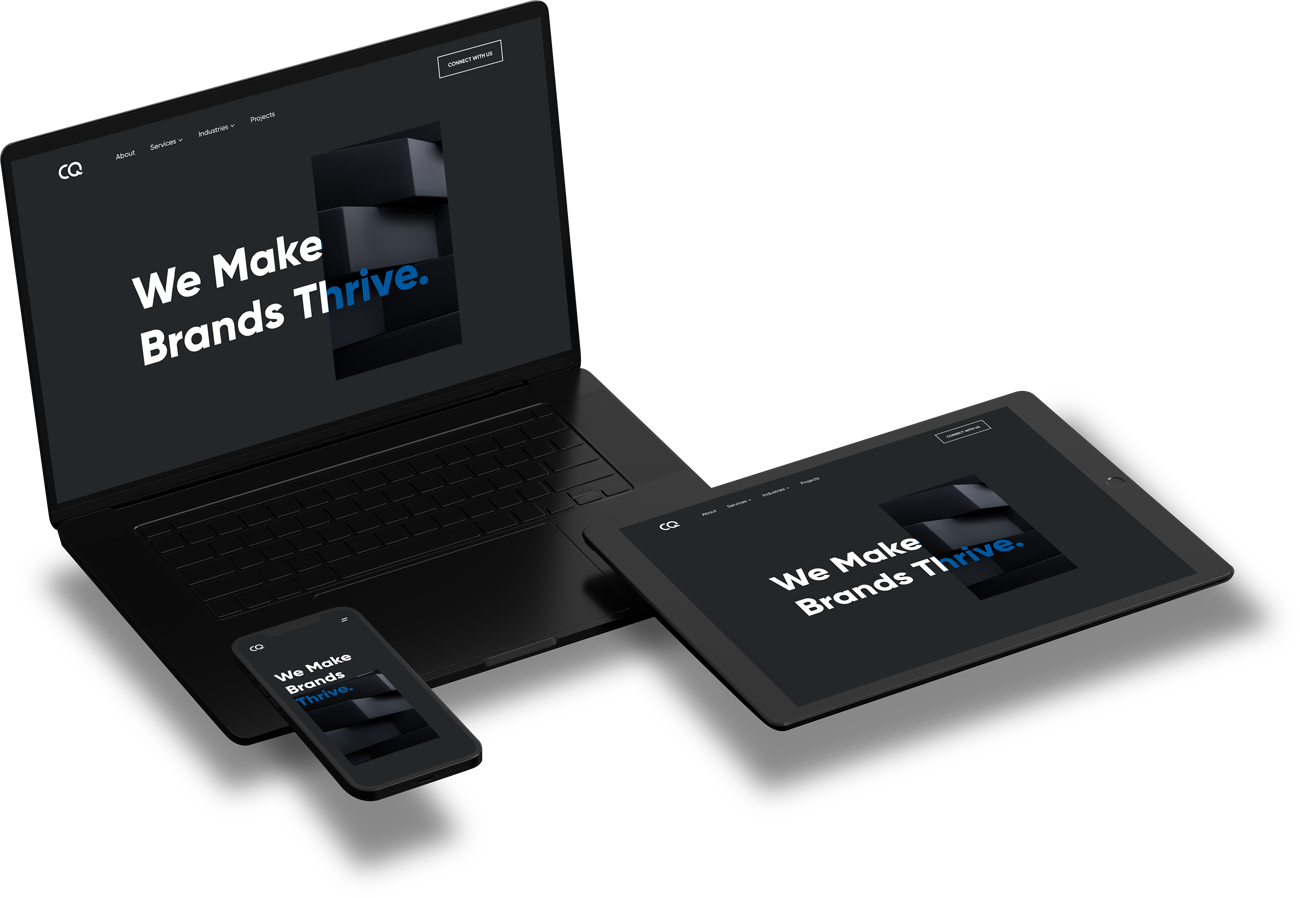 April 26, 2023
April 26, 2023

To define custom mobile app development involves creating a mobile application that is specifically tailored to the needs and requirements of a business or individual. This requires a thorough understanding of the client’s goals and objectives, their target audience, and the specific features and functionality they need.
Mobile app development offers several key benefits, including creating an app tailored to the client’s needs and target audience. This can increase user engagement, higher retention rates, and improve overall customer satisfaction. Custom mobile apps can help businesses streamline operations, improve productivity, and increase revenue.
With the aid of automation, the DevOps model in custom mobile app development promotes smooth communication between the development and operations teams, allowing for close cooperation throughout the entire product lifetime. All aspects of DevOps are automated, including CI/CD workflows, platforms, and data sharing. A DevOps engineer is essential to implementing this model because they watch the efficiency of constant communication and changes, spot bottlenecks, and guarantee a smooth transfer. Utilizing the DevOps methodology will result in quick release and improved product quality.
Cloud transfer is among the most crucial components of modernizing old applications. Multiple advantages of cloud storing in custom web application development include:
However, migration could be complicated if your software has dated systems and frameworks or needs to be more complex in design. In such a situation, it is recommended to seek the assistance of a digital transition collaborator like CraftedQ.
According to the composability principle governing system redesign, businesses select and mix various components. The complete technology infrastructure and business procedures adhere to this concept. It offers organizations the following advantages:
The process of digital change must include automation. By utilizing cutting-edge technologies like RPA (robotic process automation), LCAP (low code application platforms), AI (artificial intelligence), and virtual assistants, hyper-automation enables organizations to find and automate processes rapidly.
Chatbots powered by artificial intelligence have gained much traction in the heritage transformation industry. The advantages of robots in mobile application development exceed the challenges involved in their development, despite the complexity. AI bots do not require an extensive database, in contrast to rule-based bots, and businesses can integrate them into their processes.

AI bots can self-learn, unlike rule-based bots, which cannot discover a solution if it is not already stored in their database. The AI program will handle the rest of the work if you give it straightforward starting data. AI bots are the preferred option for businesses that provide customer support because a well-designed bot can easily substitute the services of dozens, if not hundreds, of customer care employees.
Individual components and technologies are altered as part of this micro-level endeavor to guarantee faster modernization. Custom mobile app development utilizes application components from other application modernization projects with comparable user needs and features to speed up development.
As a result of teams escaping the hassle of creating complicated application components from scratch, this concept lowers the cost, time, and effort associated with modernization. It guarantees that front-end development efforts are by contemporary application architectures while maintaining the standard of the user experience.
To move workloads and control them, many people use the public cloud. After all, it is economical. Enterprises are worried about the protection of their data, though. They want the security of a private cloud and the affordability of a public cloud because they want the best of both realms.
As a result, there is a massive increase in demand for mixed clouds. 77% of businesses already handle their workloads using a hybrid cloud. It offers the appropriate degree of protection, control, and operational reliability. Due to this, companies are increasingly using it to launch and administer their applications.
75% of businesses intend to use containerized apps this year, according to Gartner. The increased usage of hybrid clouds is to blame for the rise in the appeal of containers. Enterprises can quickly launch apps across various cloud systems thanks to containers. They facilitate the move to cloud systems and make apps portable. Containers enable coders to invest more time in creativity. They automate distribution, allowing programmers to react promptly to client requirements.
To update your apps, it would be wise for you to work with an outside technology collaborator. It requires guts and an in-depth understanding of modernization trends to pick the best modernization strategy for your company among the myriad options. Mobile app development can be done for platforms like Android, iOS, and Windows. It requires expertise in programming languages, such as Java, Swift, and Kotlin, and software development tools, like Android Studio and Xcode. The result is a fully functional mobile app that meets the specific needs of the client and is designed to provide a seamless user experience
